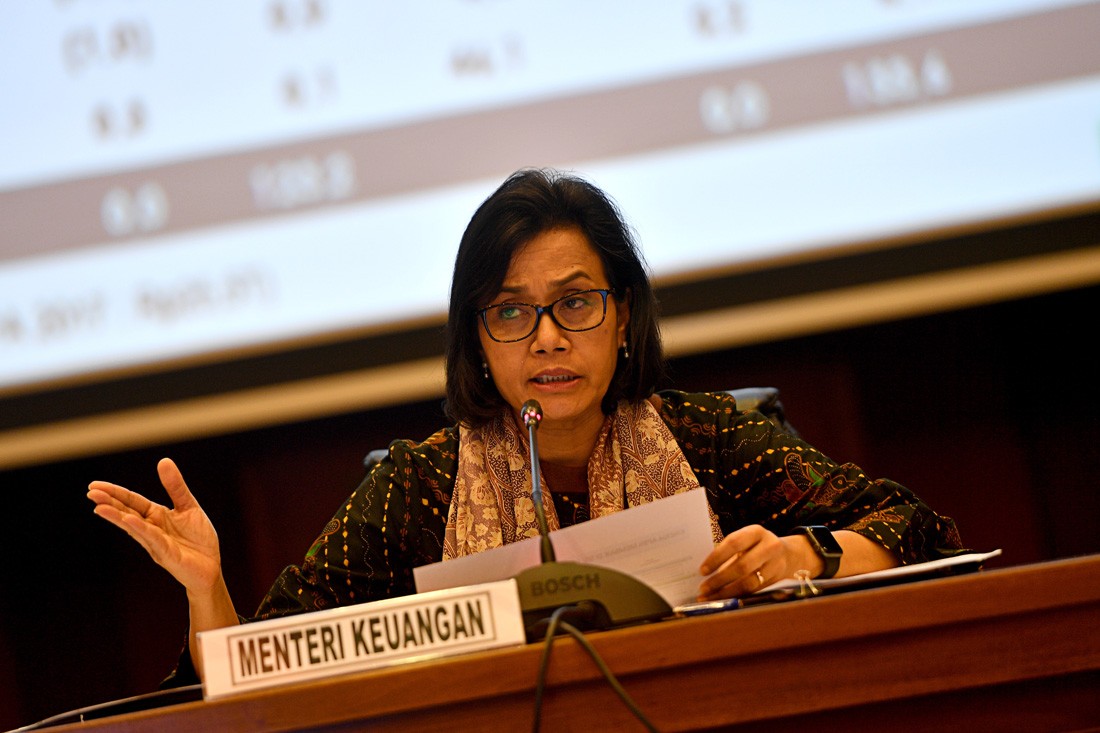Popular Reads
Top Results
Can't find what you're looking for?
View all search resultsPopular Reads
Top Results
Can't find what you're looking for?
View all search resultsGovernment cancels e-commerce tax regulation
The Finance Ministry has revoked a regulation on tax treatment for e-commerce transactions amid pushback from digital economy players.Finance Ministerial Regulation No. 210/2018, which was signed by Finance Minister Sri Mulyani Indrawati on Dec. 31, was originally meant to be enforced on April 1.
Change text size
Gift Premium Articles
to Anyone
T
he Finance Ministry has revoked a regulation on tax treatment for e-commerce transactions amid pushback from digital economy players.
Finance Ministerial Regulation No. 210/2018, which was signed by Finance Minister Sri Mulyani Indrawati on Dec. 31, was originally meant to be enforced on April 1.
It mandates online marketplaces to collect several pieces of information, such as tax numbers (NPWP) and personal identity numbers (NIK).
The regulation also stated that online transactions were subject to taxes that also applied to offline transactions, such as value-added tax (PPN) and luxury goods tax (PPnBM).
Sri Mulyani said the revocation was decided amid widespread confusion among the public as the government was perceived to have been set to collect specially designed taxes for online transactions through the regulation.
“We’ve retracted the regulation to cause no further confusion,” said Sri Mulyani in Jakarta on Friday.
Sri Mulyani emphasized that conventional and digital businesses remained subject to prevailing tax regulations and therefore should pay their taxes, according to current taxation regimes.
She said further dissemination of information needed to be conducted to avoid the misperception that online-based businesses could avoid paying taxes.
She added that the tax authority would work to consolidate its database, particularly after tax officers received a wealth of data from the tax amnesty, which ended on March 2017, as well as the Automatic Exchange of Information (AEOI) with other countries.
“We are more focused on managing our database and our IT systems, so that the public does not think that there are special groups of people that receive special [treatment]. We will ensure fairness for all,” she said.










